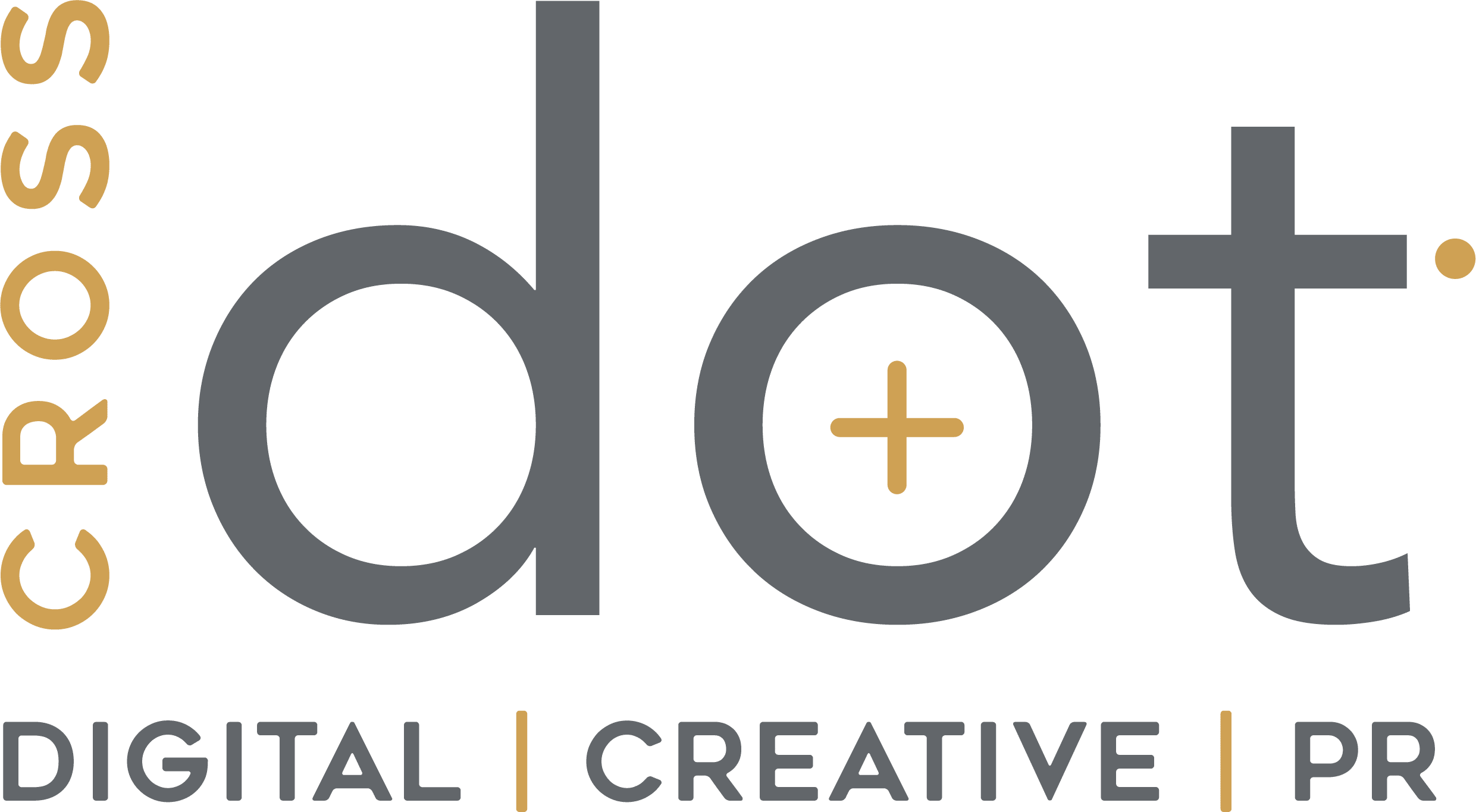One of the silver linings for me last year was a profound realization that I was yearning to learn something new, or somewhat new, in an academic environment. About the same time this self-reflection occurred, I also discovered- me, the self-professed, “black sheep of the family,” was a descendant generational granddaughter of not only a Yale University (or Collegiate College back in the 1600s) Founder, as well as another distant ascendant of one of the 1st students to graduate from Yale University with a degree in Theology in 1703. So naturally, it made perfect sense to take a Yale Executive Education Leadership online course.
I chose a Global Business and Politics Program, and I am thoroughly enjoying my role as a student. I am sharing just a snippet of the knowledge I am gaining in this blog, about changing things up and thinking large without restrictions.
Let’s take a glance at the pandemic and one of the essential products that have become mainstream and imperative for much of the world-hand sanitizer. When details emerged about a new, deadly virus hitting populated countries, the need for germ control raged seemingly overnight. Shelves were wiped bare of Purcell and Germ-X. The same items that were simply an afterthought at the impulse item shelve at the store were suddenly in high demand.
Opportunistic hoarders seeking fortune tried to sell on Craigslist, eBay, make-shift overnight e-commerce websites for 10 or 20 times over standard retail prices. It became nearly impossible to find one of those pesky, 1.0 Fl oz bottles, not unlike the toilet paper debacle.
Here is the innovative disruption: A Spirit Distillery, realizing there was an enormous market opportunity, pivoted and created a hand sanitizer in mass, using the same products to make spirits. By stepping up and stepping into a market not previously considered, they were now competing with large corporations such as Gojo Industries, which make Purell hand sanitizer.
Gojo could not keep up with supply vs. demand, and they did not possess the same products in-house to quickly create more products, unlike the distillery who readily had sanitizing ingredients at the warehouse.
The non-market issue at hand was that the distillery was incorporated, licensed, and regulated for liquor production, not hand sanitizer.
Then came the case of these regulatory guidelines to sell a product and the tax to be collected from liquor, spirits, alcohol, etc. The distillery was hit with a $14k fine by the US Food and Drug Administration for pivoting in the pandemic and supplying a much-needed item, not only to the general consumer but to hospitals, clinics, ambulance services, to kill germs in a pandemic. The distillery incidentally gave away their products to hospitals, schools, police depts. and nursing homes across the US.
At the federal government’s request, they ceased production of whisky, bourbon, gin, and brandy to create a well-thought-out assembly line of speedy sanitizer products. Soon after that, they discovered the $14k assessed tax on the products they primarily made and distributed pro-bono.
Their business model was varied to denature the percentage of alcohol in the products so it could not be consumed as an alcoholic beverage by buyers. Additionally, they incurred costs by purchasing equipment such as bottles, lids, and pumps for the free products.
After public outcry and countless hours fighting bureaucracy by the owners, finally, they received word that the US Dept. of Health and Human Services had ceased to enforce the arbitrary industry standard for spirits, taxes on the products.
How did the feds initially find out about the distillery’s genius or disruptive innovation? Quite possibly by an unsettled competitor. Organizations that promote or develop disruptive innovation need to be ready to engage in the nonmarket environment, with rules and regulations, legislators, policymakers, and competitors. But do not let that scare you. This is when the fun begins.
Cheers to creating, innovating, and breaking the glass ceiling, entrepreneurs.

We are a quirky assortment of seasoned pros, up-and-comers, introverts, extroverts, cool kids, and nerds who love to use art, science, technology, and words to influence consumers into becoming raving fans. Reach out: michelle@crossdotcreati.wpengine.com
Footnotes:
⦁ Thomas Buckingham, Founder Yale University http://archives.yalealumnimagazine.com/issues/2004_05/old_yale.html#:~:text=(Yale%20awarded%20its%20first%20diplomas,a%20civic%20and%20military%20leader.
⦁ John Hart, who had transferred from Harvard in September 1702, was the solitary graduate in 1703. (Yale awarded its first diplomas in 1702, but those degrees went to four Harvard grads and a student who had received a private education elsewhere.) http://archives.yalealumnimagazine.com/issues/2004_05/old_yale.html#:~:text=(Yale%20awarded%20its%20first%20diplomas,a%20civic%20and%20military%20leader.


